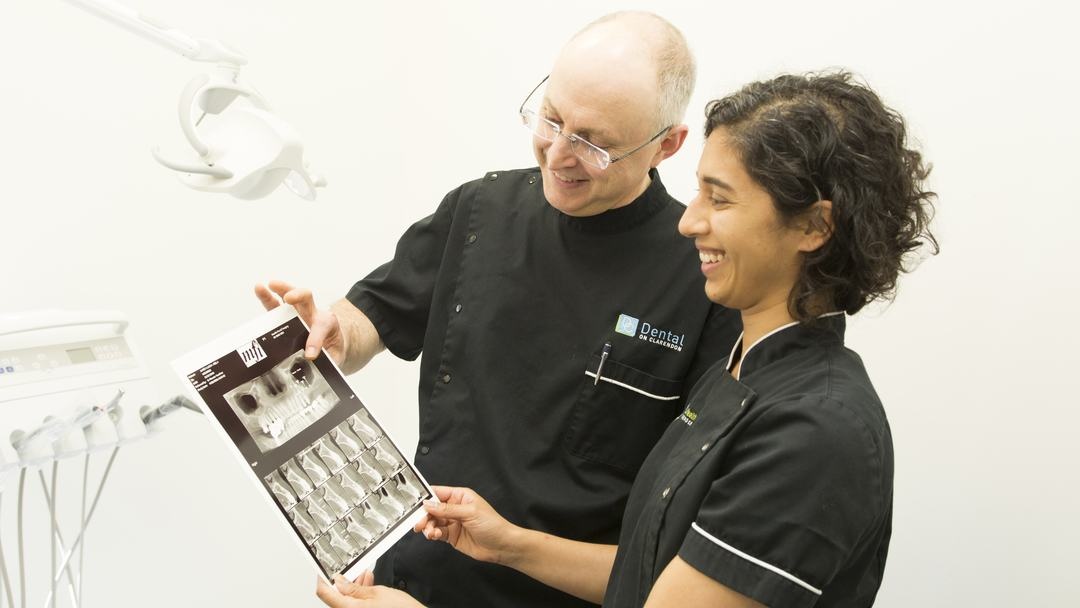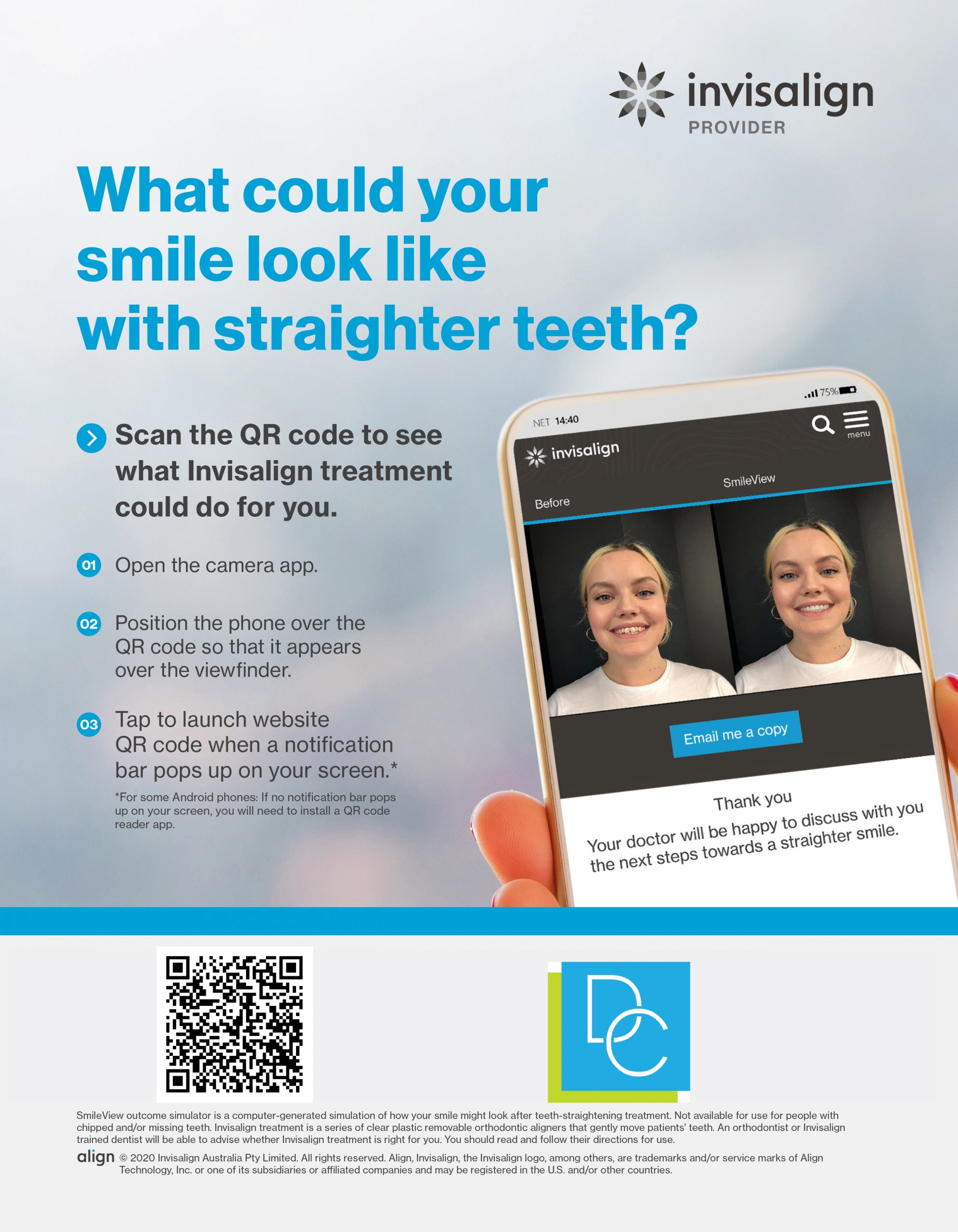- December 2024
- November 2024
- October 2024
- December 2023
- April 2022
- March 2022
- February 2022
- January 2022
- November 2021
- October 2021
- September 2021
- August 2021
- July 2021
- January 2021
- December 2020
- November 2020
- October 2020
- September 2020
- August 2020
- July 2020
- June 2020
- May 2020
- April 2020
- March 2020
- February 2020
- January 2020
- December 2019
- August 2019
- July 2019
- June 2019
- May 2019
- April 2019
- March 2019
- February 2019
- January 2019
- December 2018
- November 2018
- October 2018
- September 2018
- August 2018
- July 2018
- May 2018
- April 2018
- March 2018
- February 2018
- January 2018
- November 2017
- October 2017
- September 2017
- August 2017
- July 2017
- June 2017
- April 2017
- March 2017
- January 2017
- October 2016
- October 2015
- September 2015
- August 2015
How to Look After A Tooth Implant
31 August,2018Undergoing dental surgery and having tooth implants fitted is a great way to regain the look and function of your teeth. Implants is a good solution if you’ve lost one or more teeth, or suffer from chronic tooth pain, decay, or weak teeth. However, more so than natural teeth, tooth implants require careful maintenance, and Dental on Clarendon has the list of top tips for happy dental implants. Read on to learn more.
Be picky about your toothpaste
No more bottom shelf toothpastes for your pearly whites. Investing in tooth implants is expensive, and it’s important to take proper care of your new implants to minimise damage. Be tooth smart and invest in non-grainy, non-abrasive toothpastes that won’t scratch and wear away at the surface of your implants.
Choose soft bristles
For similar reasons to avoiding abrasive toothpastes, it’s important to swap out your beloved hard bristle brush for a soft bristle one to avoid scratches. Scratches means grooves for bacteria to collect, which in turn means the potential for an infection. Your implants can wear away slowly under the pressure of firm brushing with a hard brush – a soft brush or electrical brush is a much better bet.
Be your teeth’s best friend
Infection – especially in the time following the surgery – is more likely with implants than with normal teeth. Plaque gathers on implants in the same way it gathers on natural teeth and can overtime cause an infection known as peri-implantitis if left unchecked. This is an infection of the surrounding bone and gums, which can lead to bone loss and implant loss if left unchecked.
Do you remember those times when you were too sleepy to brush your teeth, or all those times you forewent flossing? We get it, life’s busy sometimes. However, with implants in place, you can no longer be flexible with your dental hygiene routine. That means brushing, flossing, and rinsing – flossing is especially important after implants because it helps to clean below the gumline – something brushing is unlikely to do as thoroughly.
Visit your dentist regularly
Getting dental implants is also likely to mean getting on a first-name basis with your dentist. Dental implants need professional care and maintenance. Scheduling regular appointments with your dentist to make sure that your dental hygiene routine is sufficient, and to ascertain whether the implants are still fitted right is crucial to a successful implant over time.
Note:Any surgical or invasive procedure carries risks. Before proceeding, you should seek a second opinion from an appropriately qualified health practitioner.


